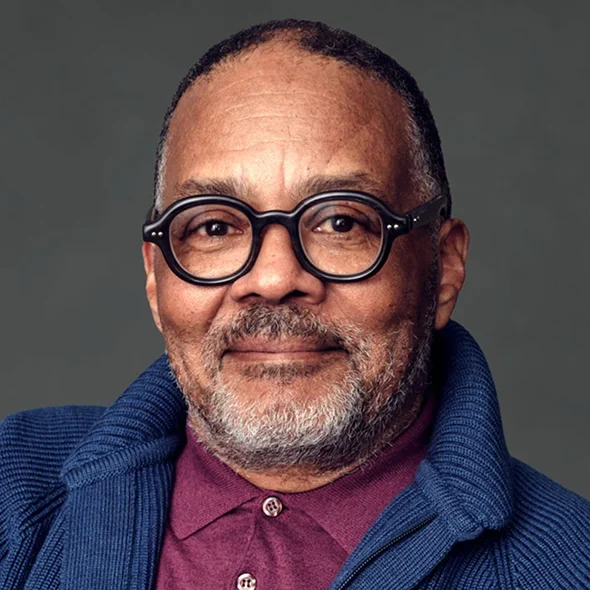A recent UChicago Justice Project study released data showing a citywide drop in reported violent crimes—welcome news for every Chicagoan. The study also found declines in neighborhoods where ShotSpotter was removed. Some have taken this to mean that the technology wasn’t needed. That conclusion is built on shaky ground.
First, Chicago’s citywide crime drop mirrors a national trend. Violent crime has shown measurable decreases in cities across the country, including those with no change in technology, policy or process. This was reflected in violent crime decreases in both previous ShotSpotter coverage areas and non-ShotSpotter coverage areas within the city of Chicago. That’s clearly not proof of cause—it’s at best evidence of correlation. And we all understand that correlation is not causation.
Second, crime is a complex social problem and no single tool “reduces crime” in isolation. ShotSpotter’s role is to deliver rapid, precise alerts—often in under 60 seconds—helping police reach victims sooner, secure evidence, and catch offenders. Analyzing anything beyond that isolated “line of sight” outcome without a scientifically oriented control group process to make causal claims is statistical malpractice. Without a control group, one cannot know if the decline would have been the same—or greater—had ShotSpotter remained.
Third, removing ShotSpotter naturally shrinks the number of reported incidents, because the technology detects up to 80% of gunfire that 911 never hears about. Fewer detections don’t mean fewer shootings. It only means fewer and longer response times to criminal gunfire.
Fourth, fewer and longer response times endanger gunshot wound victims, and reduce ballistic evidence recovery that is critical to downstream investigations and prosecutions. Last year alone, the University of Chicago Crime Lab published an analysis finding that faster response enabled by ShotSpotter likely helped save the lives of 85 Chicagoans. Without timely and accurate alerts to gunfire, communities become less safe and are left vulnerable to the handful of serial shooters doing the most harm.
Removing ShotSpotter may reduce data, but it doesn’t reduce danger. This study reinforces the need for careful assessment and a redoubling of efforts to drive further progress—not premature conclusions.





